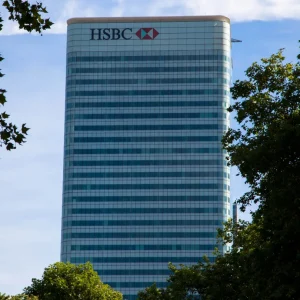It revealed that the representatives from the world’s largest banks gathered after every two months at a secret location to review the London interbank offered rate, reported Bloomberg.
The investigator pointed out that no zest of their meeting has been published, which created a dark hollow of spurious decision making compounded with lack of accountability.
The committee also questioned that who chaired the British Bankers’ Association’s (BBA) Foreign Exchange and Money Markets Committee, which administers the benchmark for over $300 trillion of securities globally, is a secret.
The BBA said that it would not reveal the identity of any members, objecting that it wants to salvage them from being lobbied, and also declined to produce the chairman for interview.
It is clearly evident that lack of transparency is the root cause of this self-regulated system, which remained unsuccessful for preventing traders in manipulating the world’s most widely used benchmark interest rate for profit.
The UK regulator Martin Wheatley, who has been accused with reviewing Libor after the scandal, is considering bringing omission under the control of regulators.
BBA said the group has sole responsibility for all aspects of the functioning and development of Libor, the design of the benchmark, to determine the rate, and scrutiny of all rates submitted.
Wheatley told the news agency, "There is an apparent lack of transparency."
"The scrutiny offered by the BBA’s Foreign Exchange and Money Markets committee "doesn’t appear to be sufficiently open and transparent to provide the necessary degree of accountability to firms and markets with a direct interest in being assured of the integrity of Libor."






